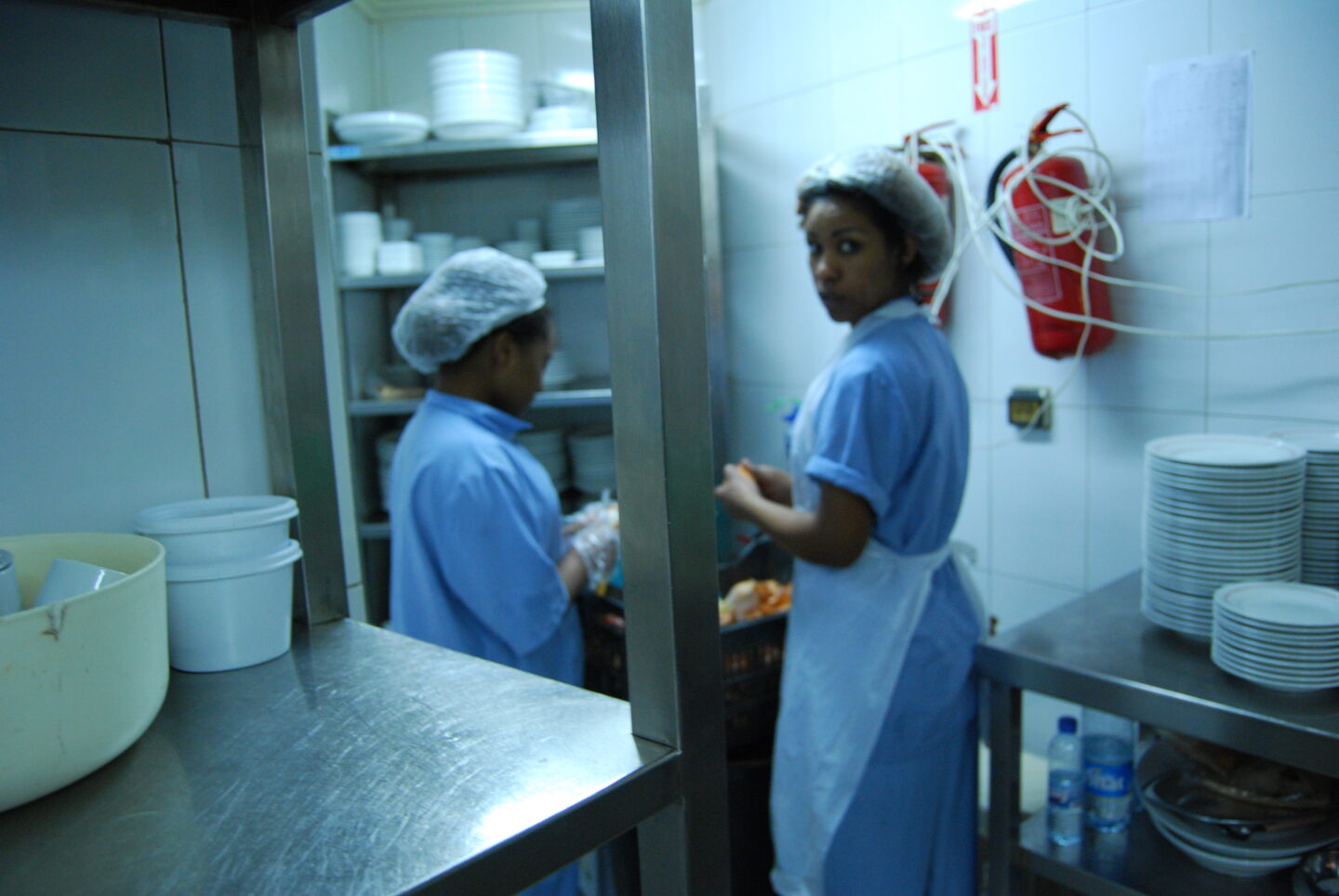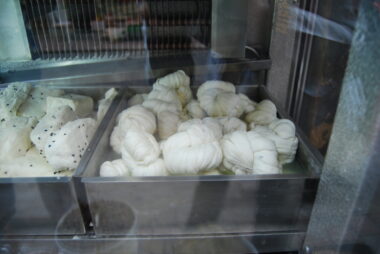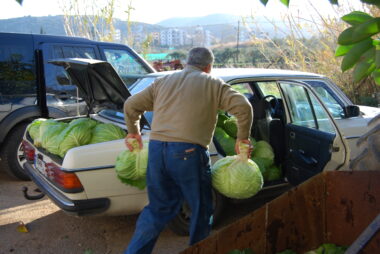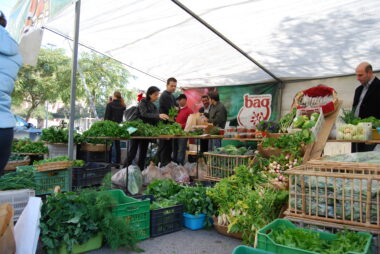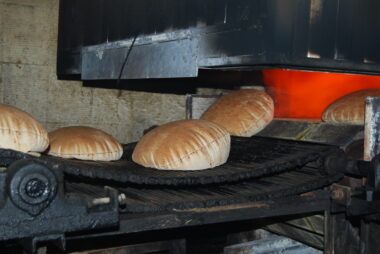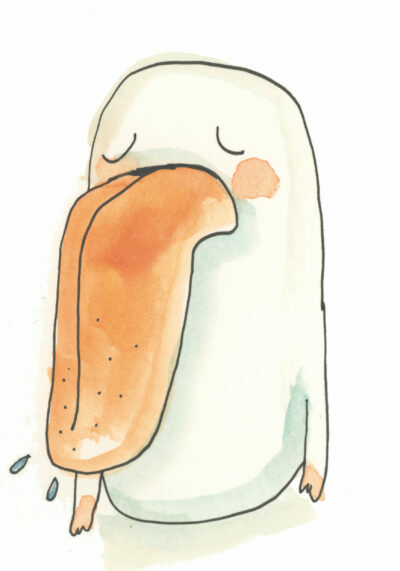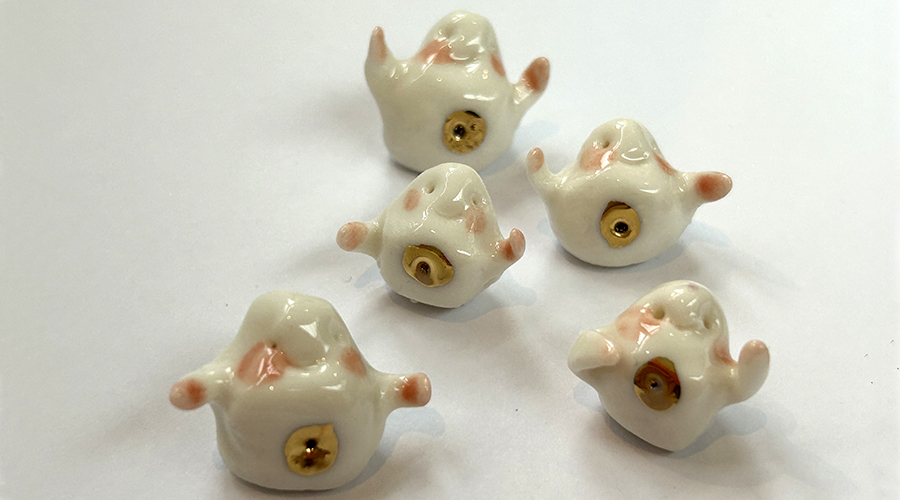What is food?
Or, more precise, when is something food? Human food. You can tell me that lettuce is food but is it really? If the lettuce is not eaten it will become waste, right?
Isn’t lettuce simply a plant? If it’s produced by a farmer it is intended to be food. Potential food but no actual food yet. What if the lettuce plant was a weed growing in the street. I guess you wouldn’t consider it food. Do you consider your cat or dog to be food? They are edible just as chickens and pigs are. and how about all these plants and animals you don’t even know are edible?
Why am I asking these questions?
Does it really matter if you consider something as food and other things not and that that’s all very subjective?
Not really. But there is something about this that fascinates me. If you wonder what food really is you can see that food only really becomes food the moment it is eaten.
Because of this simple fact it means that if you work with food you never only work with the food itself but that what you do is always in relationship to the eater.
The relationship between you and the eater through food is central to what you do.
Even if it seems to you, you are only dealing with food.
You are connecting with the eater THROUGH food.
Because, if the food doesn’t get eaten, it’s not food.
It is waste, right?
It might become food for bacteria or rats.
So, even if you only want to focus on the food itself, it might surprise you how much more valuable you can make what you do by understanding your relationship with the eater.
The eater is not just a vessel with a few tastebuds.
The eater is a full spectrum human being with emotions, fantasies, expectations and a whole body full of senses. The eater, as all human beings, understands the world through stories. Through context and imagination.
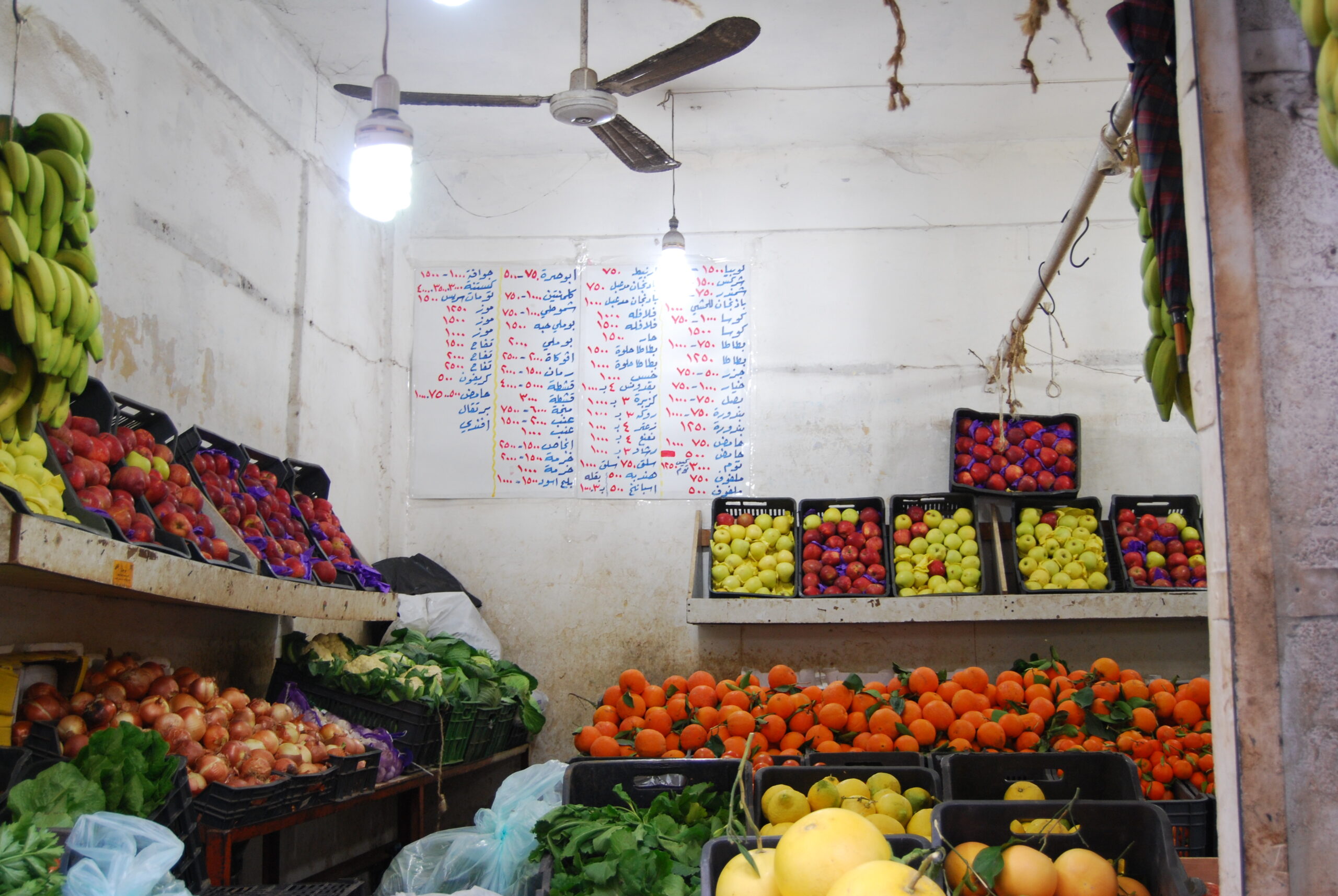
Marije VogelzangWhen working with food you ALWAYS work with who will be eating.
What if you use food as a way to connect to the eater?
I am not saying that you necessarily need to adjust your food to what you think the eater wants.
I am proposing to understand what it is you do when you create with food. To see that when you use imagination and a different approach to food you find different ways to connect with the eater.
And, YES! Of course taste is important!
And, NO! you don’t have to make a theatre out of it.
Connection can be pure and simple. Like looking at someone at the busstop. Smiling.
No, not in a creepy kind of way 🙂
The skills of creating food are like the skills of a ship-builder.
She builds ships because this is her love in life but she also knows that people buy ships to sail. People buy a ship because they want to travel to another place. But they also buy a ship because they aspire to be on water. Because they like the feeling of the strong pulls of the wind. Because they feel freedom when on board and because the ship gives them pleasure. The ship feeds their imagination perhaps even more as it takes them from A to B. The ship builder is the bridge between the sailor and all these interpretations about sailing. She is not just a maker of a vessel.
This is what you do with food. Sure you feed and nourish a body. Yes, you create flavours and taste experiences. But you are also the bridge between the eater and the expereince.
You might say: What if I really am only nourishing a body? What if I work with poverty?
Then the same thing holds true. The eater is always more than only a body and so you always have the ability to bring in more magic.
What if you see your job in a new light and, instead of focusing on food you start focusing on the eater through food. Would that inspire you to change something in the things you do?
I shot the images for this post at a trip to Lebanon in 2008.

